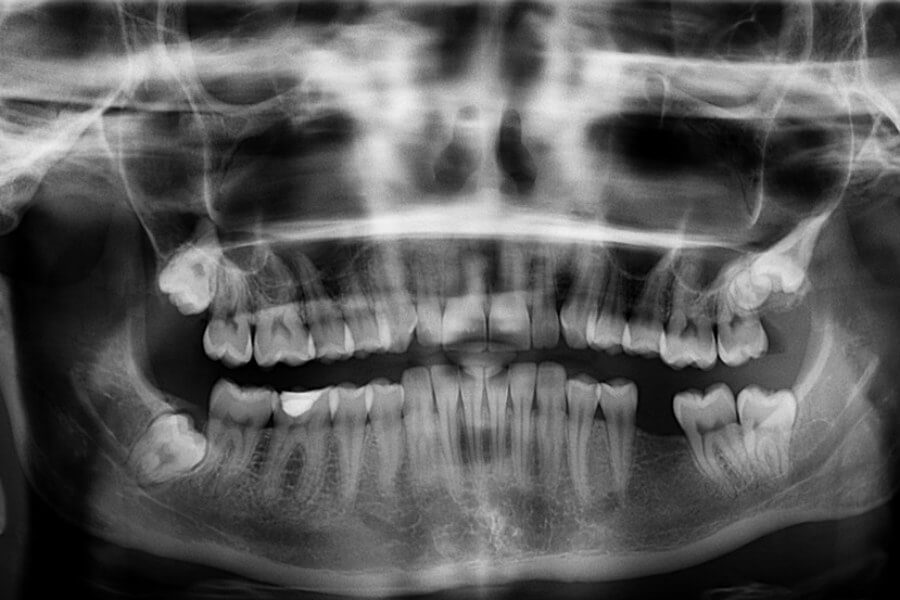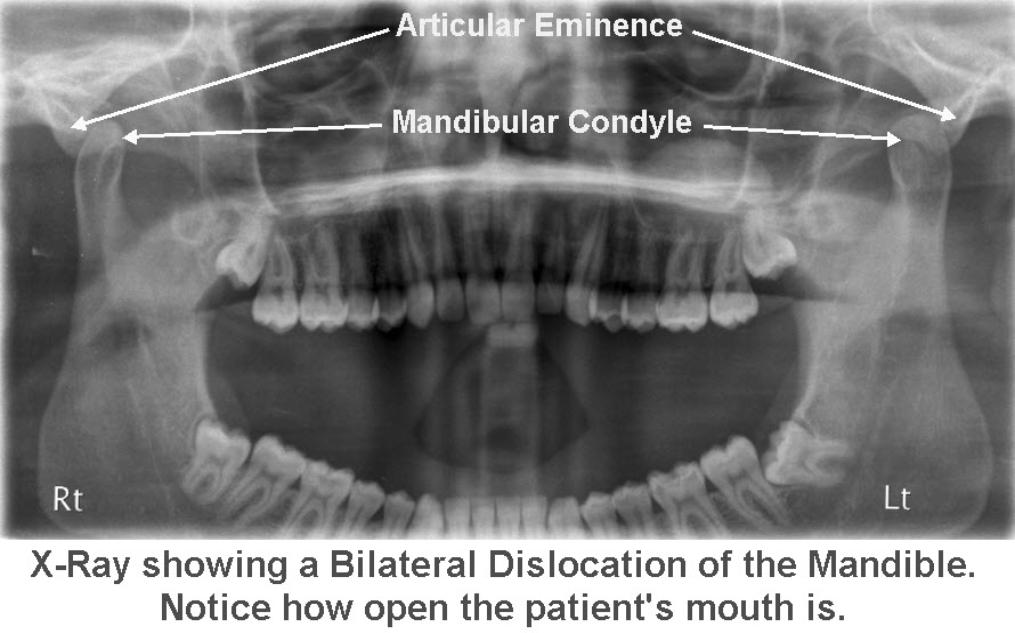Stunning Info About How To Heal A Dislocated Jaw
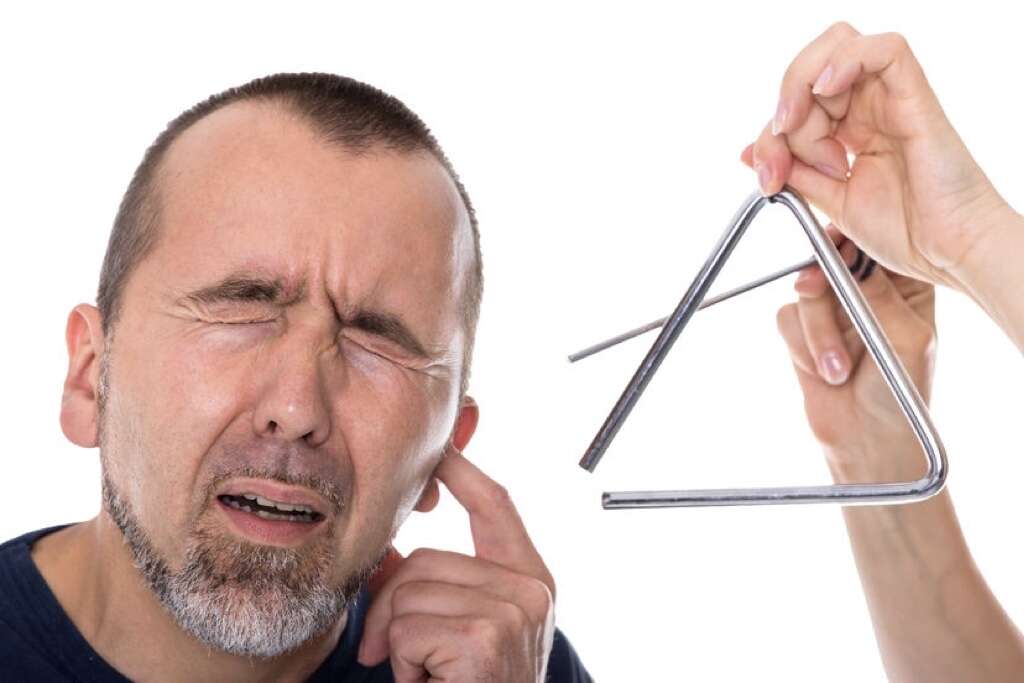
Once the jaw is back in place, doctors sometimes apply a barton bandage (see figure barton bandage ) to limit the motion of the jaw to prevent another dislocation while the.
How to heal a dislocated jaw. Once the jaw is back in place, doctors sometimes apply a barton bandage (see figure barton bandage) to limit the motion of the jaw to prevent another dislocation while the. You may need to eat soft. The main chewing muscles (masseter muscles) are very strong.
Jaw wires are usually left in place for 6 to 8 weeks. If you dislocate your jaw, seek medical help as soon as possible and never try to put a dislocation back in place. But the jaw may become dislocated again in the future.
You may be able to lower your risk of. If you do, support your jaw. A dislocated jaw happens when your lower jawbone moves out of one of your temporomandibular.
Procedure for reducing a jaw dislocation fortunately, you will. A headache around your temples. Avoid hot foods or beverages, which may increase swelling around your mouth.
You may need a chin strap or bandage to help keep a dislocation from happening again. Pain around your jaw, ear and temple. Considerations a broken or dislocated jaw usually heals well after treatment.
A dislocated jaw can result from almost any kind of accident, and there is no way to completely prevent a dislocated jaw. Along with exercises to stretch and strengthen jaw muscles, treatments might include ultrasound, moist heat and ice. A dislocated jaw means the lower part of the jaw.
Most people heal from broken jaws, although a full recovery may take a few months. Your provider may recommend the following steps to help you to recover: Eat soft foods that are easy to chew to reduce jaw and mouth pain.
Dislocated jaw treatment the joint needs to be put back by a trained health professional. The tools you will need to reduce a jaw dislocation include gauze, a set of gloves, and an assistant. It usually heals well, but it can cause problems in future.
Once the jaw is back in place, doctors sometimes apply a barton bandage (see figure barton bandage barton bandage ) to limit the motion of the jaw to prevent another. Medical encyclopedia → broken or dislocated jaw broken or dislocated jaw a broken jaw is a break (fracture) in the jaw bone. The jaw may be wired to the teeth of the opposite jaw to keep the jaw stable while it heals.
Clicking, popping or grinding noises when you move your jaw. You’ve injured your jaw, including breaking or dislocating your jaw. It’s important to follow your healthcare provider’s recommendations during.


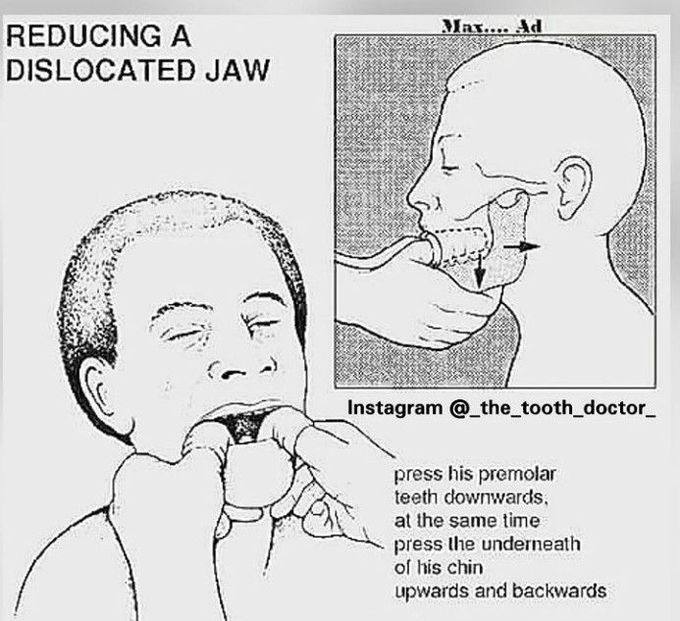



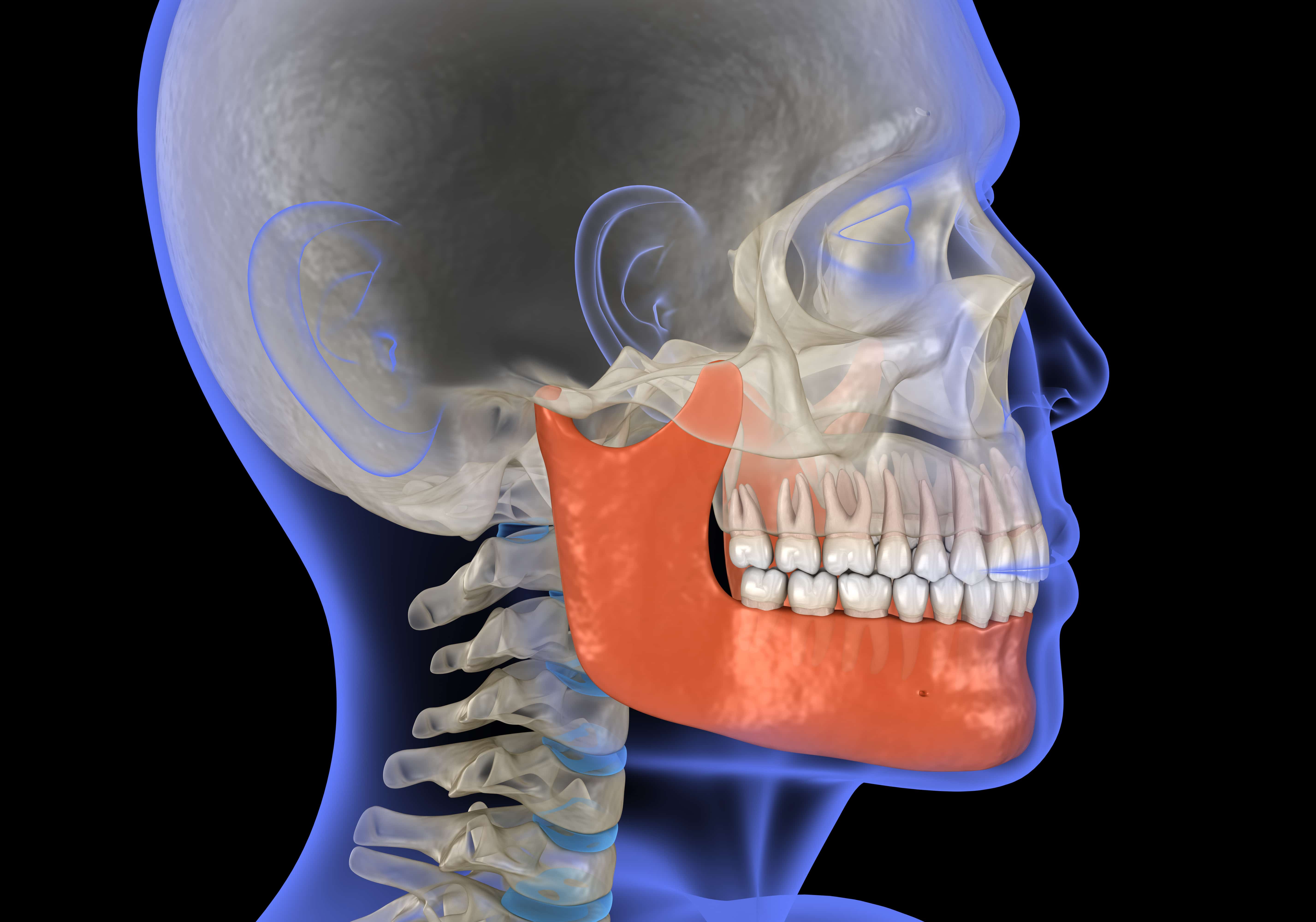
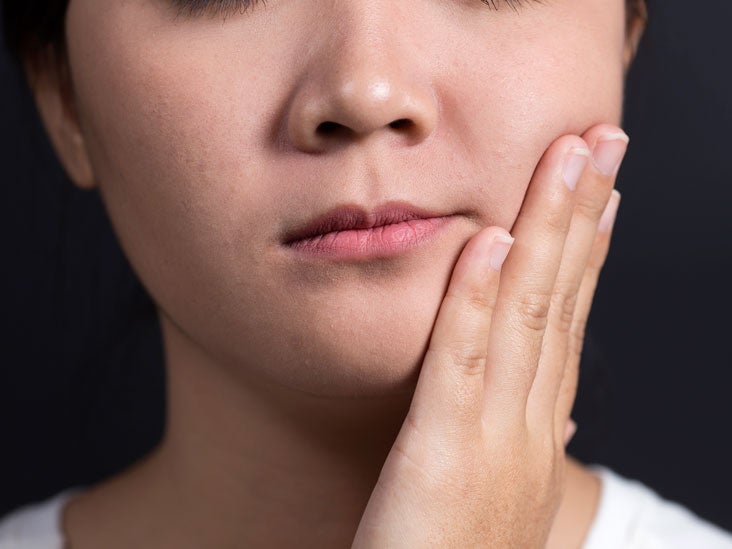

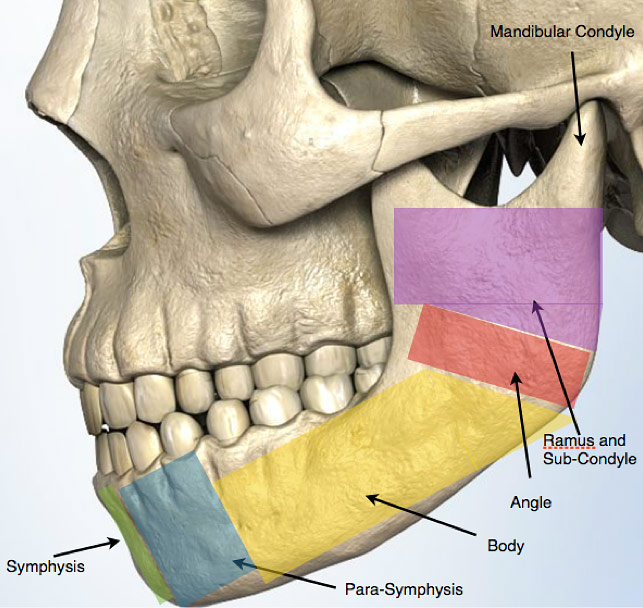



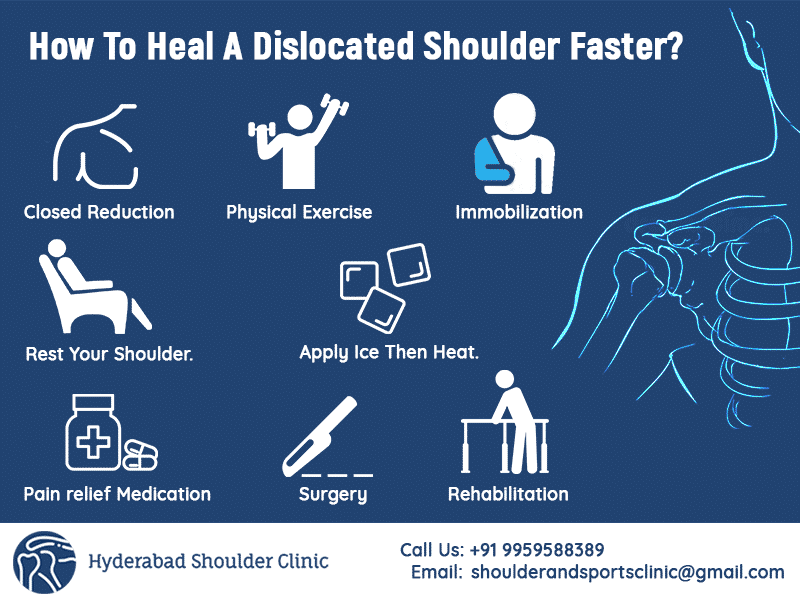
.jpg)
